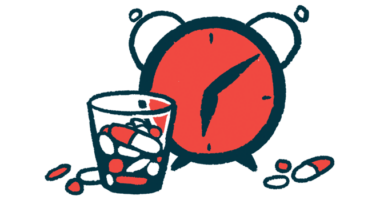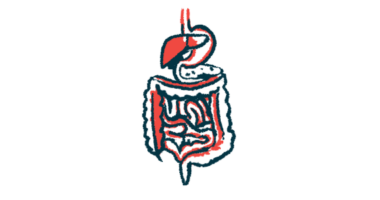Orladeyo Now Reimbursable in Japan via National Health Insurance

Japan’s National Health Insurance System (NHI) has approved the addition of Orladeyo (berotralstat), an oral preventive treatment for hereditary angioedema (HAE) attacks, to its drug price list.
This means that the NHI will reimburse hospitals and pharmacies prescribing Orladeyo to a certain amount under national health insurance programs.
“Our goal is to bring Orladeyo to HAE patients around the world who want a new oral, once-daily option to prevent their attacks,” Jon Stonehouse, president and CEO of BioCryst Pharmaceuticals, the medicine’s developer, said in a press release.
Orladeyo prevents HAE attacks by blocking a protein called kallikrein. That protein is needed to make bradykinin, an inflammatory molecule that is overly produced in people with the chronic genetic disease. When produced in excess, bradykinin causes blood vessels to become leaky, allowing fluid to infiltrate the surrounding tissues. That, in turn, leads to swelling, a typical feature of HAE attacks.
Japan’s Ministry of Health, Labor and Welfare approved Orladeyo earlier this year as a prophylactic, or preventive, treatment for HAE attacks in patients ages 12 and older. It is given at a daily dose of 150 mg.
“In Japan, Orladeyo is the first approved prophylactic HAE medication, which has the potential to significantly impact the lives of HAE patients,” Stonehouse said.
Its approval in the country was supported by data from two Phase 3 clinical trials indicating that Orladeyo was both safe and effective.
The global APeX-2 (NCT03485911) trial showed that, when given at a daily dose of 150 mg, Orladeyo lowered the frequency of swelling attacks in 121 participants, ages 12 and older. These patients, all with HAE type 1 or 2, had their swelling attacks decreased by 44% after 24 weeks (about six months) of treatment.
Similarly, the APeX-J (NCT03873116) trial, which took place in Japan, found the same dose of Orladeyo was able to lower attack frequency by 49% in seven participants of the same age group. Attack frequency fell by 50% or more in over half of these individuals (57%), and two patients (29%) experienced reductions of 70% or more.
Orladeyo’s development benefited from Japanese orphan drug and sakigake status, both regulatory designations meant to ease a potential therapy’s path to approval and commercialization.
The medication will be commercialized in Japan by Torii Pharmaceutical, BioCryst’s partner. BioCryst will receive tiered royalties ranging from 20% to 40% of sales in Japan, depending on the volume sold. This NHI approval further triggers a $15 million payment from Torii to BioCryst.
Torii plans to launch Orladeyo as soon as the NHI posts its price listing.
In addition to Japan, the therapy has been approved in the U.S. for the same indication. BioCryst is currently awaiting a decision from European regulatory authorities, which should be announced by mid-year.






